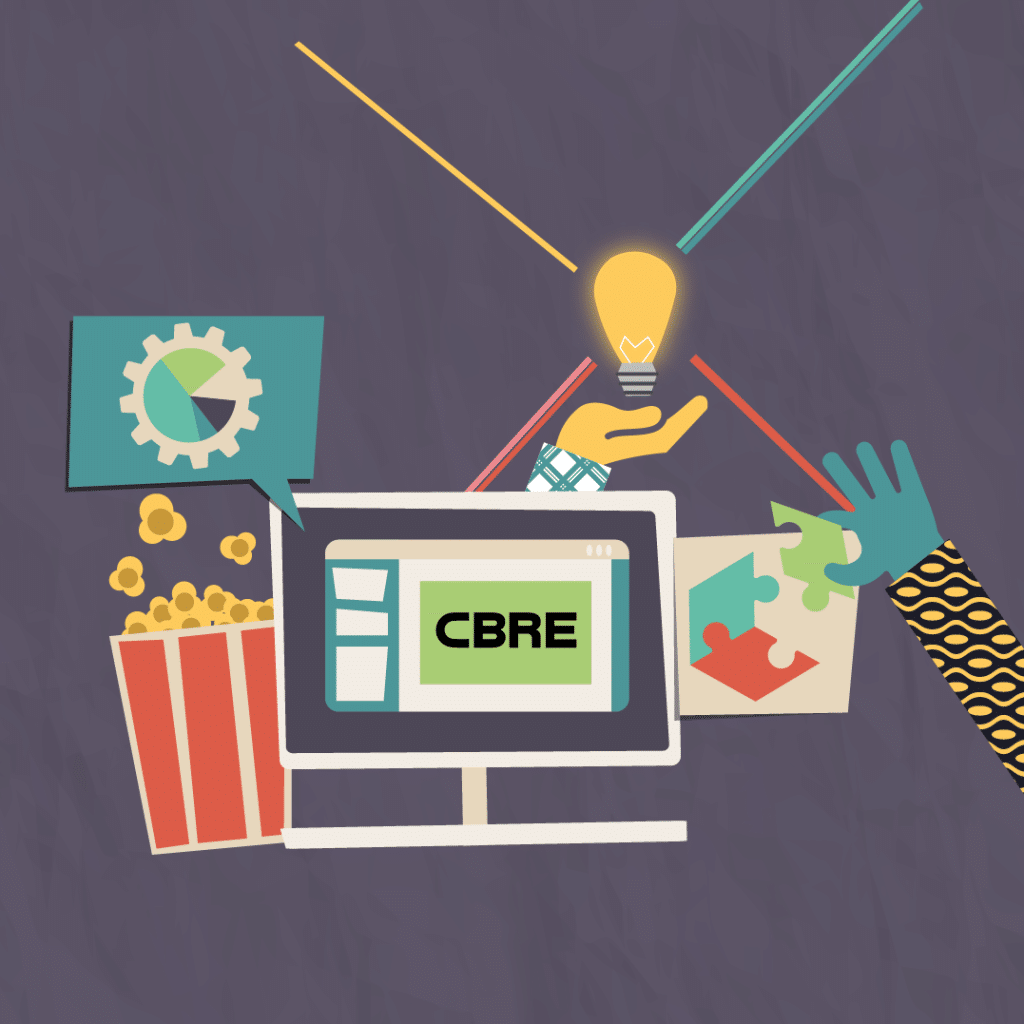Is the metaverse going to be a flash in the pan that will suffocate and die in a cloud of marketing flatulence, or is it something that might actually be worth looking into?
In October 2021, Facebook launched their new company brand – Meta. In his Founders Letter, Mark Zuckerberg wrote: “We are at the beginning of the next chapter for the internet”.
Meta’s own press release says: “Meta’s focus will be to bring the metaverse to life and help people connect, find communities and grow businesses”.
If there are two things I know, it’s that the internet is a big deal and that rebranding a company isn’t a job to be taken lightly. It’s safe to say that Meta have nailed their colours to the mast, and in their view, the metaverse is definitely to be taken seriously.
But the metaverse isn’t a new concept dreamed up overnight in a Silicon Valley boardroom. The Oxford English Dictionary defines ‘metaverse’ as “a virtual-reality space in which users can interact with a computer-generated environment and other users”. The term was first coined in 1992 by author Neal Stephenson in his book Snow Crash.
Despite what Meta’s press release might suggest, the metaverse isn’t something that’s owned by a single company. That’s pretty important – it means that, just like the internet, it has the ability to gain perpetual motion and grow exponentially. It’s unlikely to suddenly take over the world in 2022 though. It’s more likely to build over time.
To go back to my initial question: should L&D jump into the metaverse? Jump is maybe a little too ballsy. In my experience, Learning and Development prefers to wait around the edge of the pool until enough people have tested the temperature first. I’m not sure that approach will work here though, so my advice is to at least go for a paddle.
But why? Why isn’t the cautious approach the right approach?
Let’s look at a few stats. HR analysts Fosway conducted a survey to see the effect that COVID19 has had on L&D. Of those surveyed, 94% say that they have changed their priorities and strategies. That’s not a surprise – lockdowns and the advice to work from home put an immediate end to face-to-face courses. What’s perhaps more surprising is that only 5% think that their learning strategy, investment and resourcing will go back to what it was before the pandemic began.
Stick with me, I’m making a point. Promise.
For a lot of organisations, the easiest way to get learning content to their people during the pandemic, was to utilise virtual classrooms, webinars and video calls on Teams or Zoom. Although it’s served an important purpose, chatting via webcam isn’t the most natural experience. It’s better than nothing, but it lacks some of the engagement that you get through eye-contact and body language when face-to-face.
The metaverse can change that. By using virtual reality or mixed reality headsets, you can get so many more of the face-to-face benefits than using webcam alone. Furthermore, Microsoft Mesh looks to take Teams to the next level while working within an interface that’s already familiar to most of us.
Imagine a virtual learning academy where you can: meet your learners in 3D; facilitate conversations; share models and ideas; collaborate in real time; and show examples of what good looks like – all whilst working remotely. All of this can be done within the metaverse.
The cautious approach of ‘let’s wait and see’ may not be the sensible approach. If we’re unlikely to go back to our pre-pandemic L&D strategies then we either need to make peace with the shortcomings of learning via webcam, or we need to look for ways to improve the experience.
There’s one final stat from Fosway that I want to share: 71% of people surveyed have experienced a demand for digital learning from end users. If your learners find themselves in the metaverse (and if they use any of Meta’s products then they will), they’re going to be expecting their employer to keep up.
The metaverse isn’t likely to take over the world in 2022, but it will certainly grow. When it does, how long will you wait before you jump?






